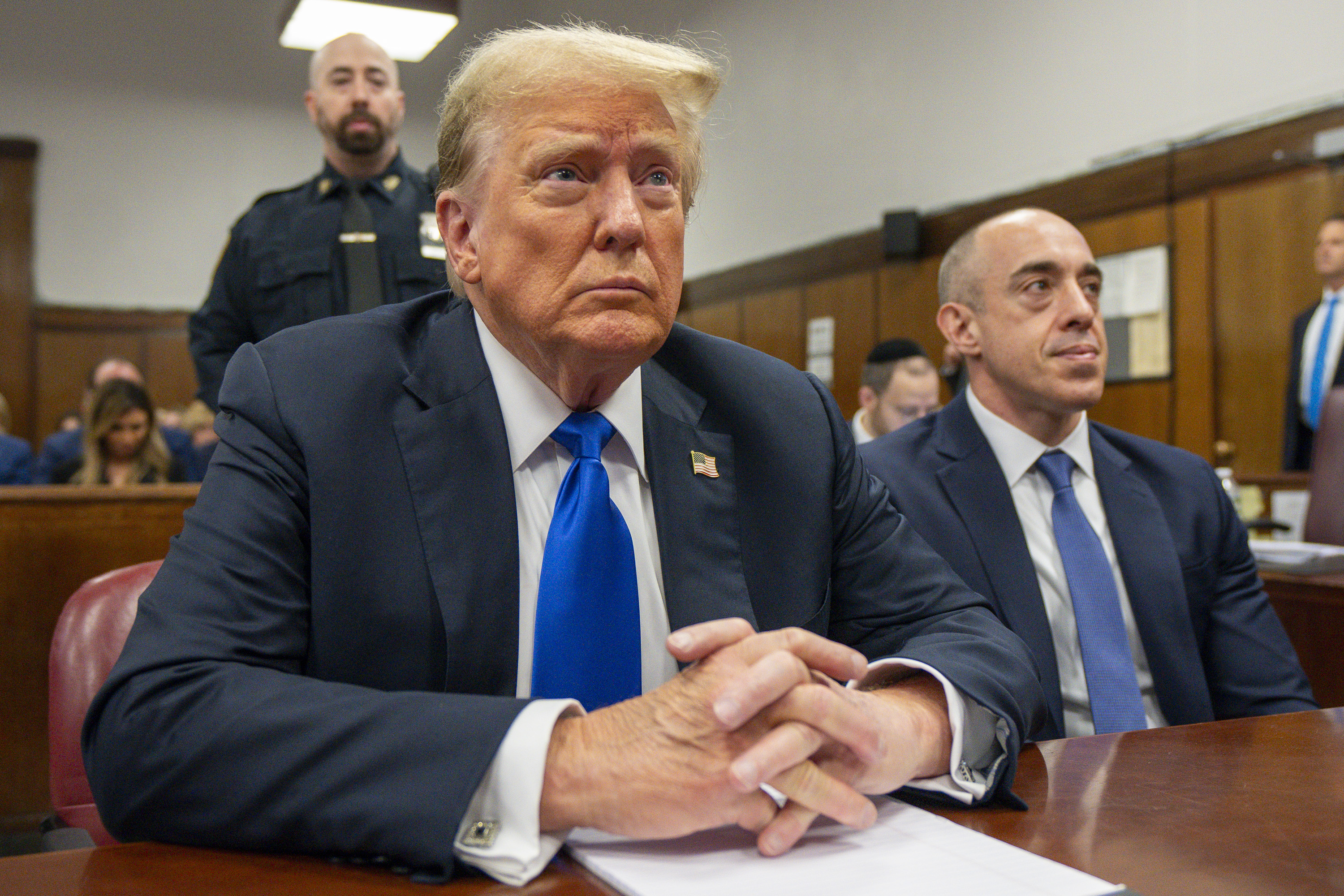Significantly more Texans with a Republican voting history cast their ballots in the first three days of the state's early voting than their Democratic counterparts, according to the data analyst Derek Ryan.
Speaking to Newsweek, Joshua Blank, the research director at the University of Texas at Austin's Texas Politics Project, said there was "little indication of a Democratic surge" from the voting thus far.
Pundits have closely watched the Senate race in Texas, where Senator Ted Cruz, the Republican incumbent, faces a strong challenge from Democratic Representative Colin Allred. Polling conducted before early in-person voting opened in Texas on Monday gave Cruz a lead of between 1 and 7 points. In the third quarter of 2024, Allred raised $30.3 million for his Senate campaign, substantially ahead of Cruz's $21 million split across three accounts.
On Thursday, Ryan, who runs the company Ryan Data & Research, which has worked with a large number of Texas Republicans, sent an update by email on ballots cast during the first three days of early voting.
He said: "Voters with previous Republican Primary history now have a 387k vote advantage over their counterparts. This margin has increased 141k since yesterday's report.
"Nearly half of people who have voted in all four of the last four Republican Primaries have voted (47%) while 50% of people who have voted in all four of the last four Democratic Primaries have voted."
Ryan said 2.4 million Texans with a Republican primary voting history, and 2 million with a Democratic primary voting track record, had yet to cast their ballots.

According to the last update by the University of Florida's Election Lab, as of Saturday, 4,274,266 Texan voters had cast their ballots, with 4,029,039 in-person early votes and 245,227 mail ballots returned thus far.
Blank agreed that the early voting figures looked strong for Republicans.
He said: "Through day three of early voting, more voters with a Republican primary history have voted so far compared to voters with a Democratic primary voting history, and more than voters who have only participated in general elections.
"While there's been a lot of attention to turnout in large urban counties, it's a lot harder for those watching the election to make similar judgments about the voting behavior in the 230-plus, Republican-leaning suburban and overwhelmingly Republican rural counties. People are voting there, too, but there's no way to make a similar, anecdotal description about overall turnout like those being made about Travis, Dallas, and Harris counties."
"So far, this is looking like a high turnout election for Texas, but not necessarily higher than 2020. And currently, there's little indication of a Democratic surge," Blank continued.
Newsweek contacted the Senate campaigns of Ted Cruz and Colin Allred and the presidential campaigns of Donald Trump and Vice President Kamala Harris for comment via email on Saturday outside regular office hours.
Democrats have made major inroads into the Lone Star State over recent presidential election cycles, with Joe Biden losing the state in 2020 by 5.6 percentage points compared to Barack Obama's 15.8-point loss in 2012.
As a result, some Democrats believe the state could be competitive in the White House race, with former Texas Representative Beto O'Rourke describing it as "really the sleeper battleground state."
Recent polling gave Trump a lead of between 4 and 12 points in Texas.




















 English (US) ·
English (US) ·